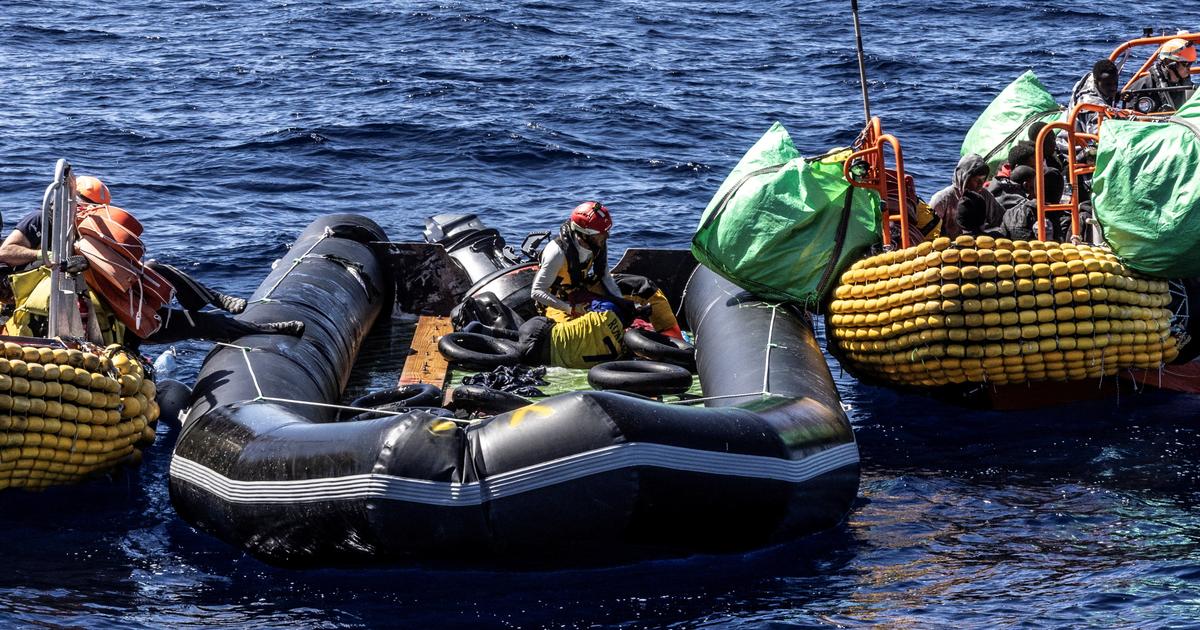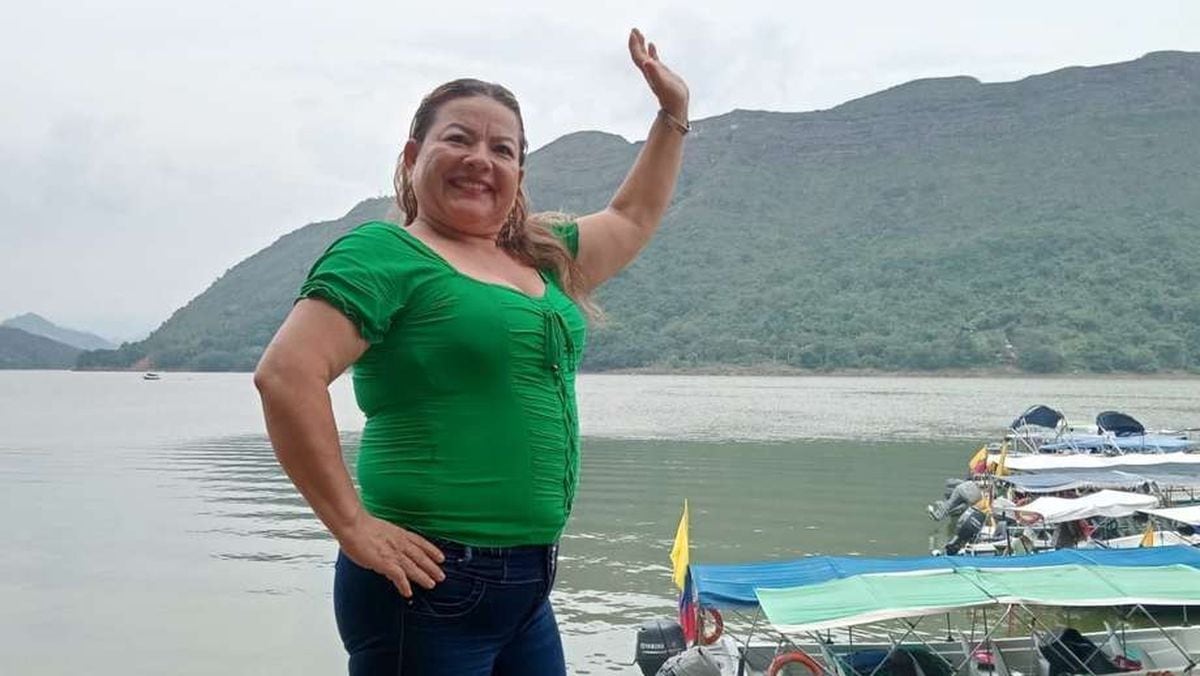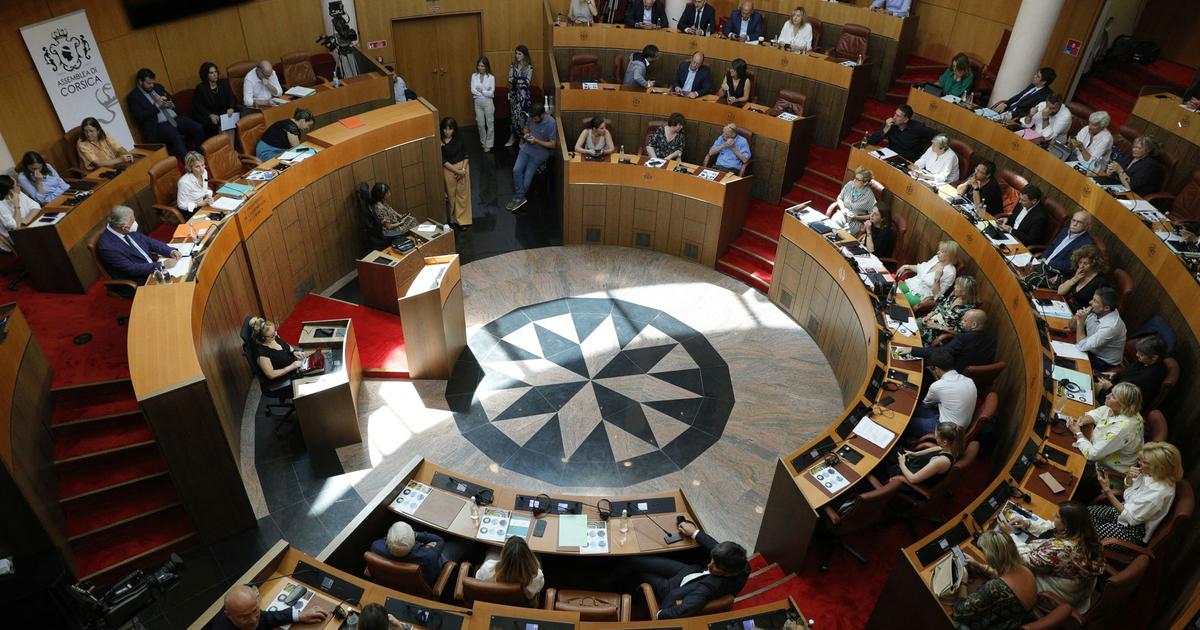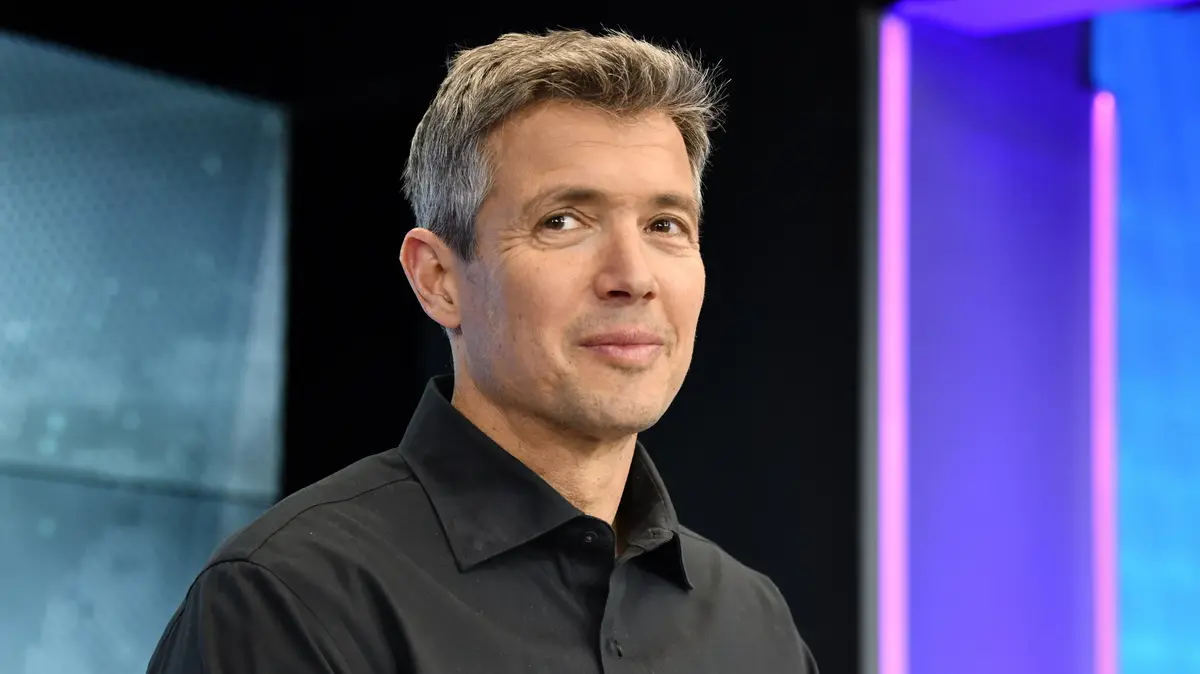In the Euro-Mediterranean region, women are disproportionately suffering the effects of the current crises.
From the closing of the wage gap to the end of gender violence.
There is much to be done, not only to protect women and girls, but to empower them to lead and transform their communities towards a more inclusive and sustainable future.
In 2020, the 42 Member States of the Union for the Mediterranean (UfM) established for the first time an intergovernmental mechanism for monitoring gender equality, to assess the progress made on women's rights and formulate policies to close the gender equality gap. gender in the region.
According to the latest report, from March 2022, the economic participation of women continues to be a stumbling block on the road to gender equality.
Before the onset of covid-19, women in the Middle East and North Africa (MENA) region spent six times as much time on unpaid care and domestic work.
The data confirms that the female unemployment rate remains well below the world average and that more than half of women workers are employed informally, with poorly paid jobs and fewer rights than men.
The increase in female employment could increase the GDP of this region by an impressive 57%, according to estimates by PwC and the World Bank.
Digitization can help create more jobs in science, technology, engineering and mathematics (STEM) fields, boosting employment for many young women who are currently
They study at the university.
In fact, between 34% and 57% of STEM graduates in the MENA region are women, compared to 20% in the United States or 30% in Europe.
Given the opportunity, women can lead the way to a brighter, more inclusive and sustainable future.
According to the March report, both Europe and the MENA region are below the global percentage of 6.2% of women entrepreneurs who have generated businesses (5.3% and 4.5%, respectively).
Even in countries at the higher end of the spectrum, such as Croatia and Portugal, they still represent less than 40% of entrepreneurs.
Women in this area face some of the highest levels of discrimination in access to productive and financial resources: 45%, compared to a world average of 27%, according to data from the Organization for Economic Cooperation and Development. Economic (OECD).
Little by little we are seeing pioneers gaining leadership positions, such as the founders of the Middle East and North African Women's Business Club.
Tunisia became the first Arab state with a woman as head of government in 2021. But much remains to be done.
In this sense, on October 26, the Member States of the Union for the Mediterranean signed a declaration in Madrid in which they committed to taking the necessary measures to promote gender equality, both in the economic sphere and in others.
Governments must recognize that, in a context affected by various crises (health, energy, environmental), efforts must be redoubled to support the active role of women in sustainable and inclusive development.
In addition to financial incentives, which could help families facilitate a fairer care structure, this declaration requires member countries to review and reform laws on gender-based violence.
Before you can fully participate in a society, you have to feel fundamentally safe, which unfortunately is not the case for women and girls around the world.
This links to the additional commitment to promote inclusivity in all fields: women of all ages need to feel that they can belong in any space, especially those that are historically male-dominated, such as science, technology and the engineering.
It is not just about meeting established goals, such as the Sustainable Development Goals, but about ensuring that Mediterranean societies reach their full potential.
Given the opportunity, women can lead the way to a brighter, more inclusive and sustainable future.
Anna Dorangricchia
is an expert on gender and equality at the Union for the Mediterranean (UfM)
You can follow PLANETA FUTURO on
,
and
, and subscribe
to our 'newsletter'
here
.



/cloudfront-eu-central-1.images.arcpublishing.com/prisa/4PKPLHZOXBG5TEAQ6JNDTUJXBA.jpg)
/cloudfront-eu-central-1.images.arcpublishing.com/prisa/RYPA5FRAZ3W4EBDJLA3A5T2ZBI.jpg)




